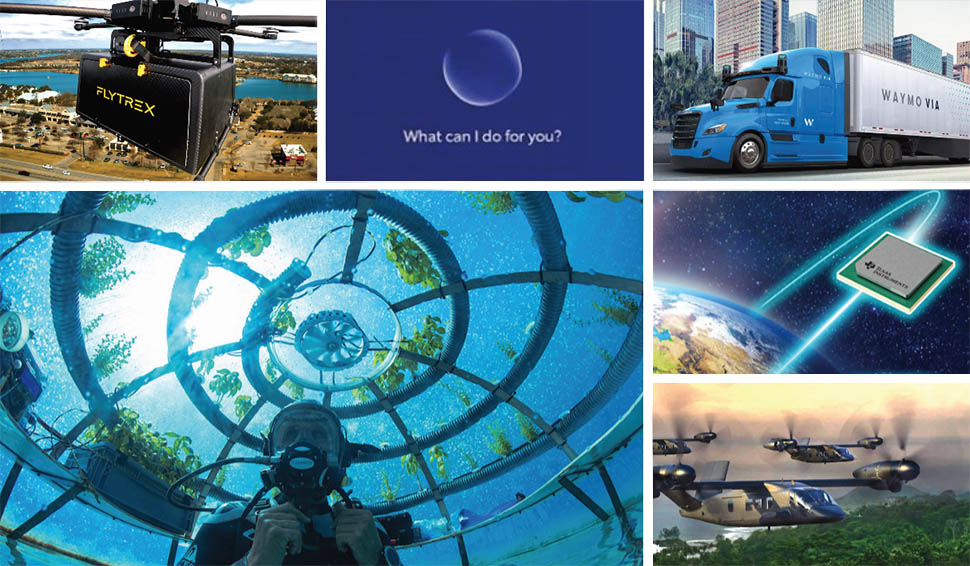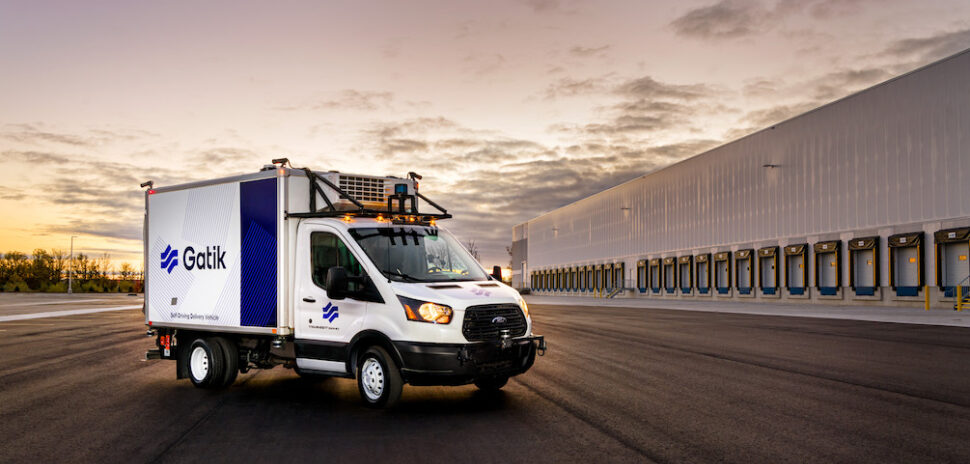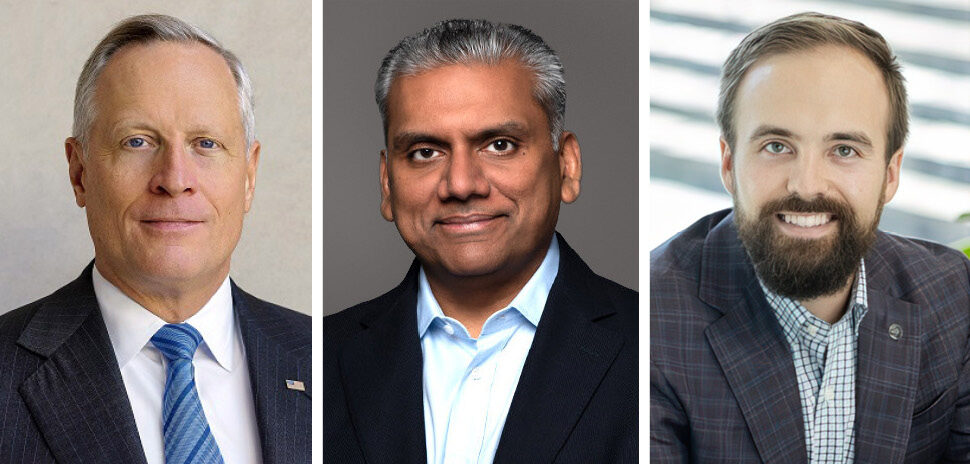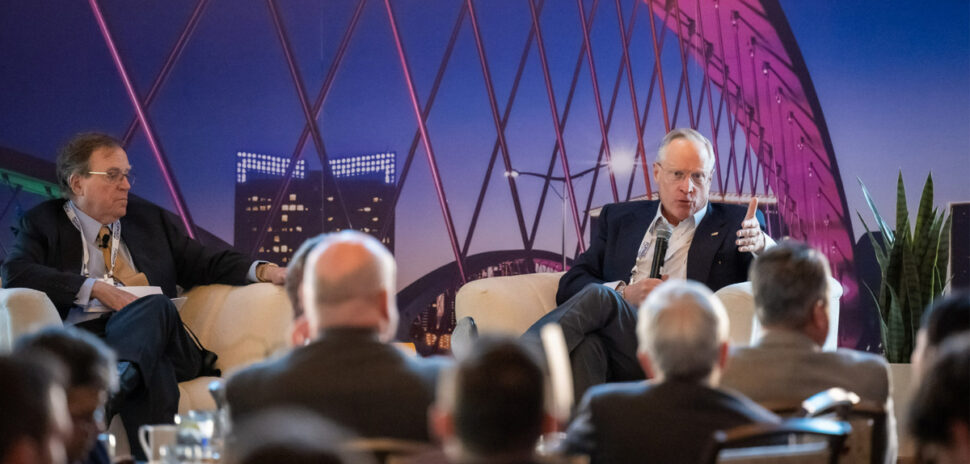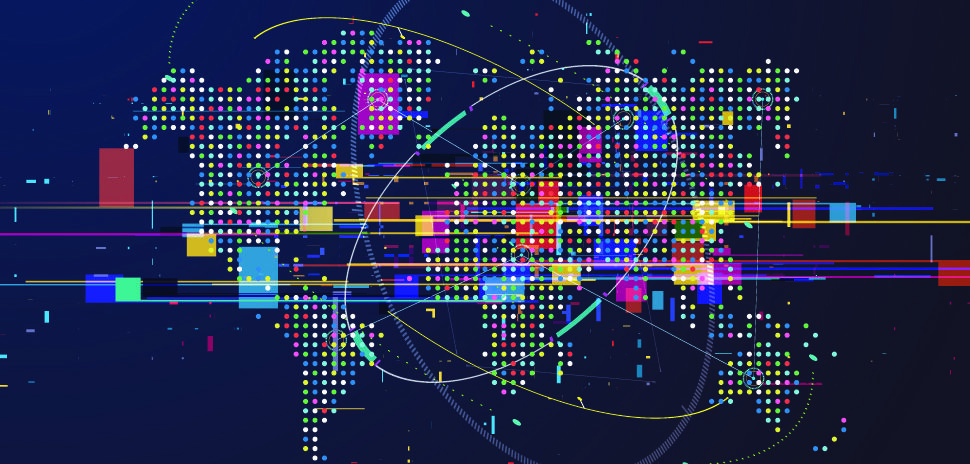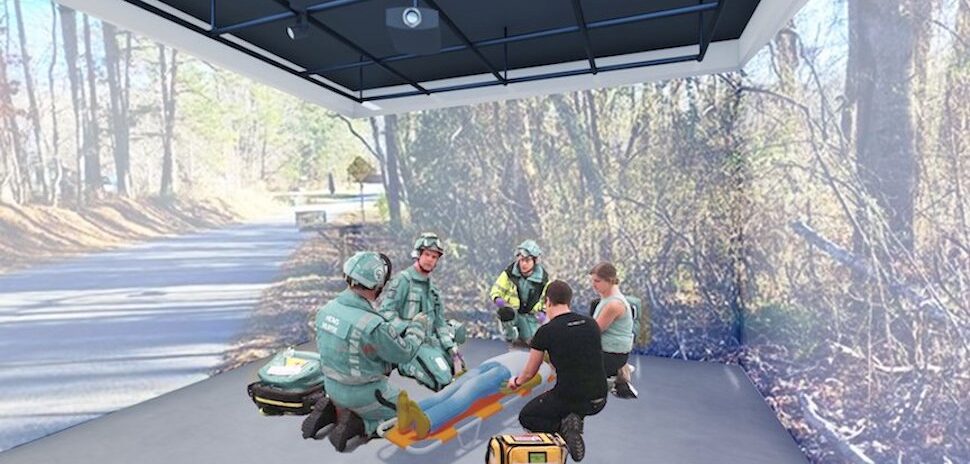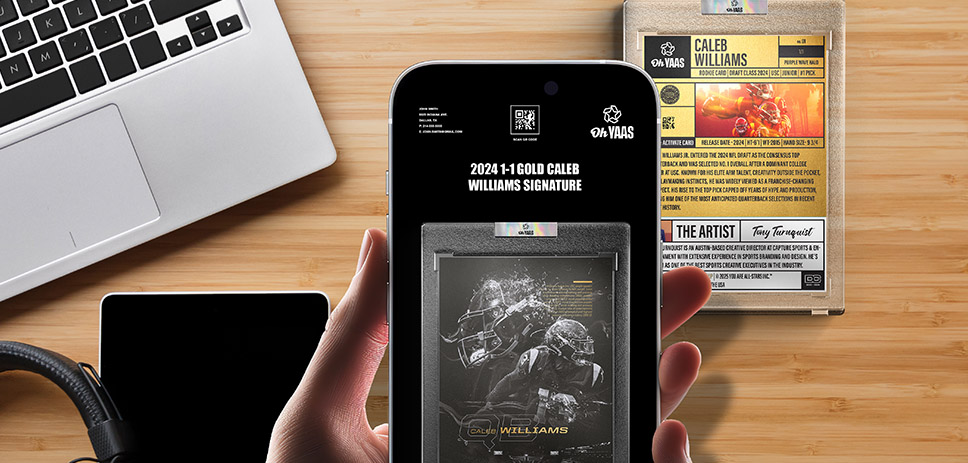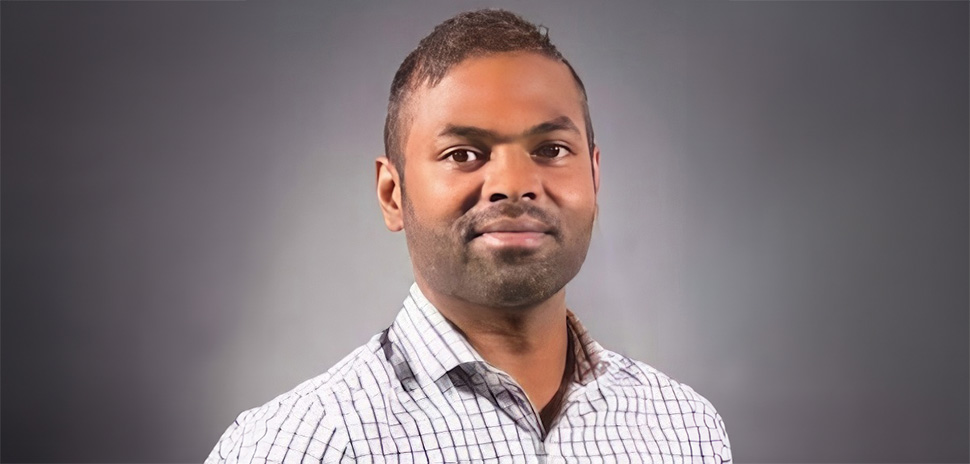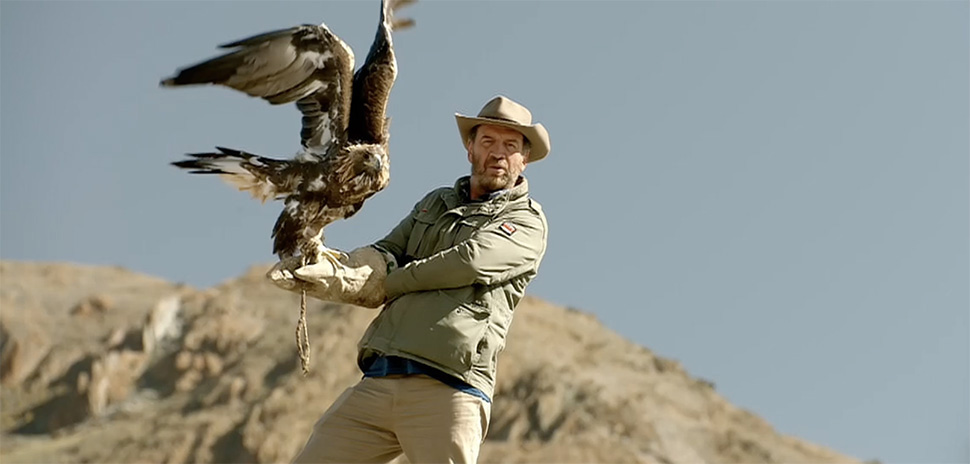When it comes to technology, change is coming at us faster than ever. A recent tech trend report from Deloitte noted that technical skills now become outdated every 2.5 years on average. That means it pays to adapt and adopt when we pinpoint where groundbreaking transformation is taking hold next. We looked to three futurists for their best “crystal ball predictions” on where we’re headed, and which technologies have the greatest potential to make life better and more productive in North Texas and around the globe.
Predictions for 2023
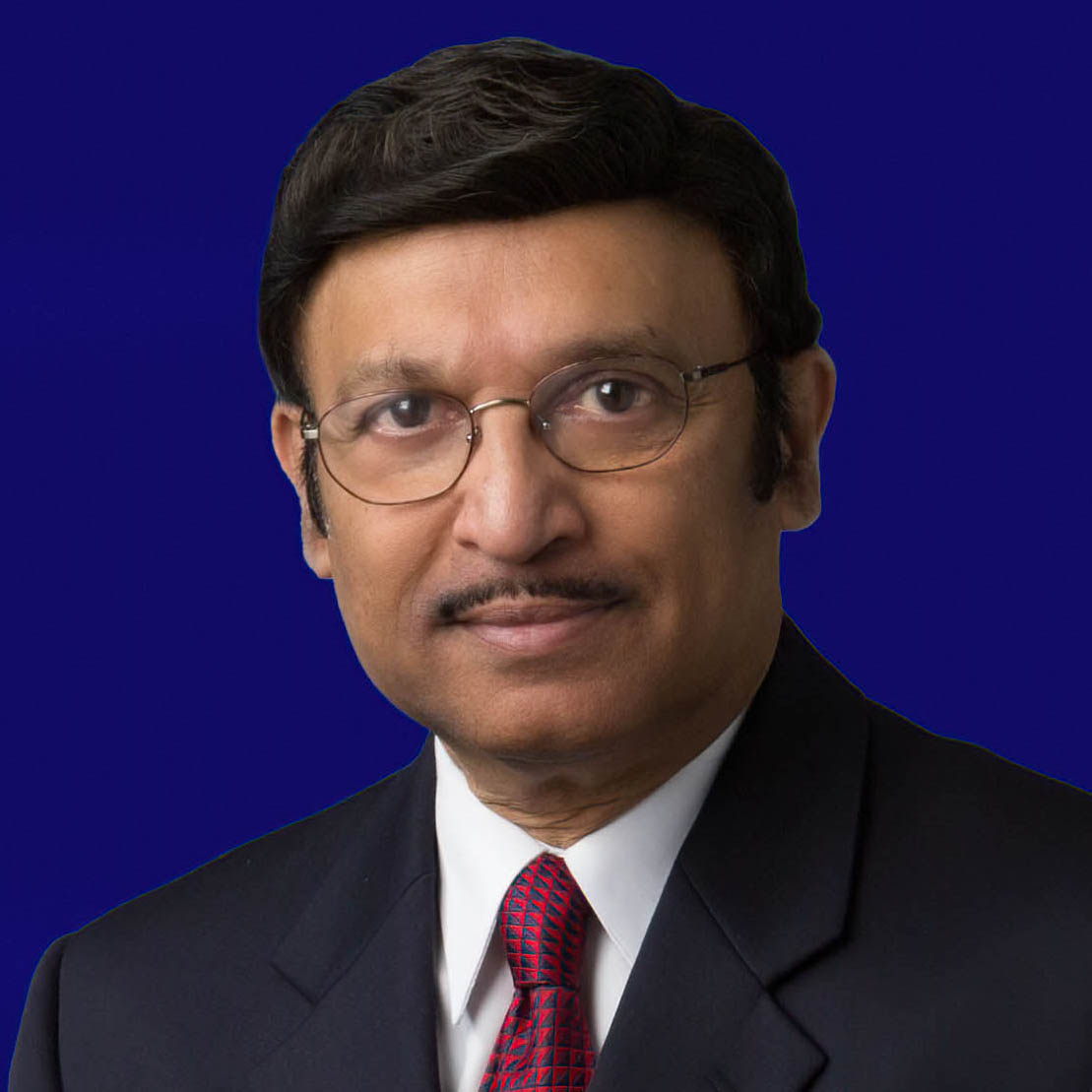
George Brody, founder and CEO of InfoNet of Things
George Brody, founder and CEO of IoT solutions company InfoNet of Things and founder and chair of TiE Dallas Angels investment program, has a knack for innovation and trendspotting, honed over decades in the wireless industry at the helm of GlobeRanger and as a leader at Nortel.
Three years ago, we asked IoT expert Brody to look into his crystal ball, and he tagged esports, IoT and 5G networks, blockchain going beyond crypto, and artificial intelligence and machine learning built into a multitude of products and systems as some of the biggest coming trends.
When we caught up with him recently, he said he’s standing by those predictions. In particular, North Texas will continue to grow as an esports mecca, with NFTs, virtual pop-up stores, and cryptocurrencies creating greater opportunities for monetization. Plus, the metaverse has gone mainstream, with virtual reality, augmented reality, and mixed reality enabling “exciting individual and group-based applications and experiences.” Virtual stores created by influencers and brands will be the new trend in luxury merchandise, travel, and other e-commerce sectors.
What else is ahead? Brody sees even more smart use of IoT. Industrial IoT will be pervasive in manufacturing, supply chains, and healthcare applications. He sees a combination of sensors, AI/ML, blockchain, industrial robots, drones over private 5G, and WiFi 6E-based networks that can offer powerful applications.
Sensor-based IoT can also ensure food safety, higher productivity, and end-to-end visibility in farm-to-fork supply chain networks, he says. In healthcare, those sensors will monitor patients and collect data. “This will create tremendous insights and ability to predict health issues before they happen and allow drug manufacturers to measure the efficacy of certain drugs,” he says.
AI/ML will be embedded in many products and services, Brody says. For example, innovative uses of AI/ML and blockchain technologies in fintech and risk management are emerging. “Any enterprise that has not moved itself to an AI-enabled product or service set will be left behind in the dust,” he says.
7 trends shaping our future
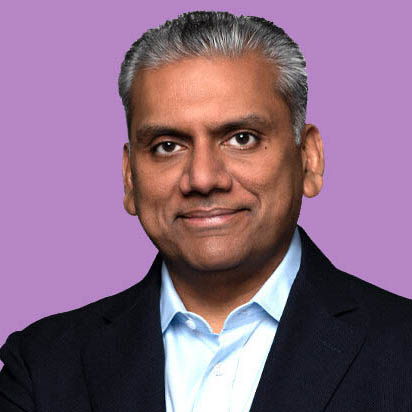
Anurag Jain, managing partner of Perot Jain and chairman of Access Healthcare
Anurag Jain, managing partner of Perot Jain and chairman of Access Healthcare, is vigilant in looking for emerging tech so he can direct investment to the most promising early-stage startups. Jain tags seven trends driving the future of innovation:
1. Human longevity will shape the future. Jain says that technology, personalized medicine, and gene therapy are currently extending life at a rate of four or five years for every year that passes. Living to 100 soon will be common. “Every single year that human life is extended, it has a $38 trillion impact on the economy,” he says.
2. Workforce skills are in a constant state of change. With each generation, the need for switching jobs will accelerate. Our grandparents might have done one thing their whole careers while Gen Xers might have two or three skills they need to change. “The next generation will probably have to learn a new skill every 8 to 10 years,” Jain estimates. “Think about it: If you live 100 years, you’d probably have 10 different jobs during your lifetime.” Education will need to adapt to train people quickly again and again, he says.
3. The mobility market “is going to explode.” Moving people, goods, and data efficiently, cheaply, and safely is a huge trend.
4. How efficient is your supply chain? The pandemic put a spotlight on supply chain disruptions and the difficulties they pose to daily life. “Over the next 10 years, we will spend over a trillion dollars on making supply chains more efficient,” Jain says.
5. Government incubation can make a nation more self-sufficient and resilient. The government can throw more money at problems than businesses alone. “We need to work with our governments to make them better and better at incubating companies,” he says.
6. The “whole real estate ecosystem” is about to transform, according to Jain: “For the first time you’ll see this old—somewhat stodgy—business change.”
7. The nature of work is changing. Jain cites three dimensions: How work is done is shifting more and more to the gig economy. Where work is done is different for many as remote work becomes common. More work will shift to India and Nigeria, where populations are increasing while much of the world is in population decline.
Xtech: Beyond IT
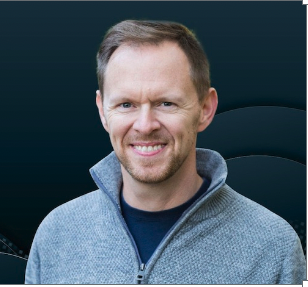
Mike Bechtel, Chief Futurist at Deloitte Consulting. [Photo: Deloitte]
A set of emerging technologies known as “xTech” is expected to have a significant impact on business innovation in the future, according to the futurists at Deloitte. These xTech disciplines, which include SpaceTech, BioTech, EnergyTech, NeuroTech, RobotTech, and ClimateTech, are focused on solving fundamental challenges and constraints in their respective areas and are attracting significant talent and investment.
Mike Bechtel, managing director and the chief futurist with Deloitte Consulting LLP, says these six areas are “hotbeds for patents, startups, and R&D advancements and are easily attracting the most talented professionals, new graduates, and funding.”
A new report from the global tech consultancy suggests that these xTech disciplines will eventually rival traditional IT in their impact on business innovation.
“Humans are experiencing fundamental quality-of-life challenges and constraints that can’t be solved by IT alone,” Bechtel says. “The technologies in the emerging xTech disciplines are capable of addressing many of these problems.”
For example, the developing sector of ClimateTech is offering affordable ways to manage and mitigate climate change risks. And SpaceTech will go beyond impacts to aerospace, defense, and telecommunications to contribute to applications in logistics, the environment, agriculture, entertainment, and more.
And Bechtel sees North Texas as an integral player in creating and advancing xTech solutions.
“Dallas-Fort Worth is among the top 10 markets in North America when it comes to tech talent growth,” he says. “From that talent pool to corporate headquarters to universities, many here see North Texas as a frontier of innovation, and it will continue to flourish, thanks to that spirit.”
Quincy Preston contributed to this report.
A version of this story was originally published in Dallas Innovates 2023.
Read Dallas Innovates 2023 online
Take a journey into the heart of North Texas business. Our annual magazine takes you on a tour of the innovative and creative forces shaping the future.
WHAT ARE YOU INNOVATING? Let us know.
Get on the list.
Dallas Innovates, every day.
Sign up to keep your eye on what’s new and next in Dallas-Fort Worth, every day.

